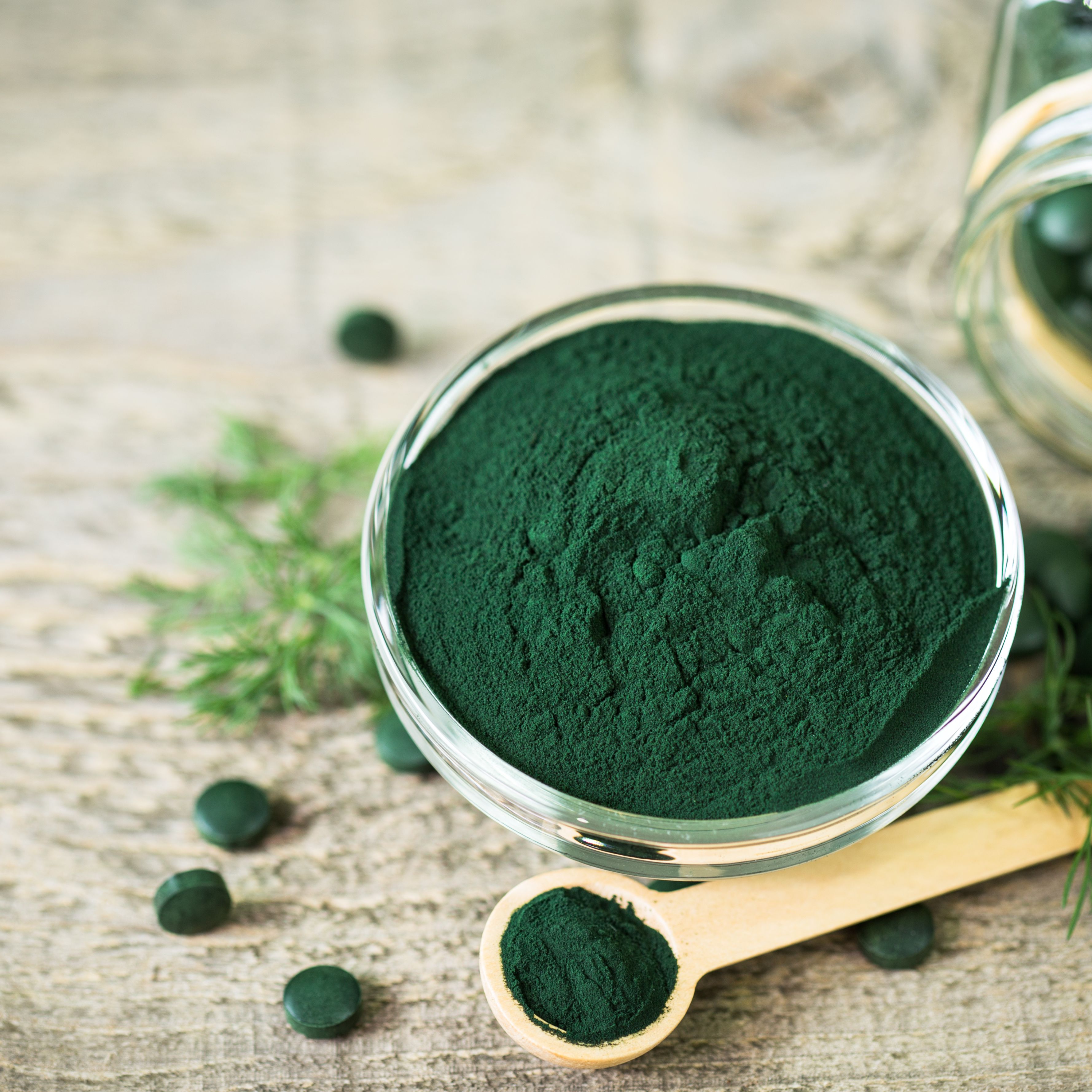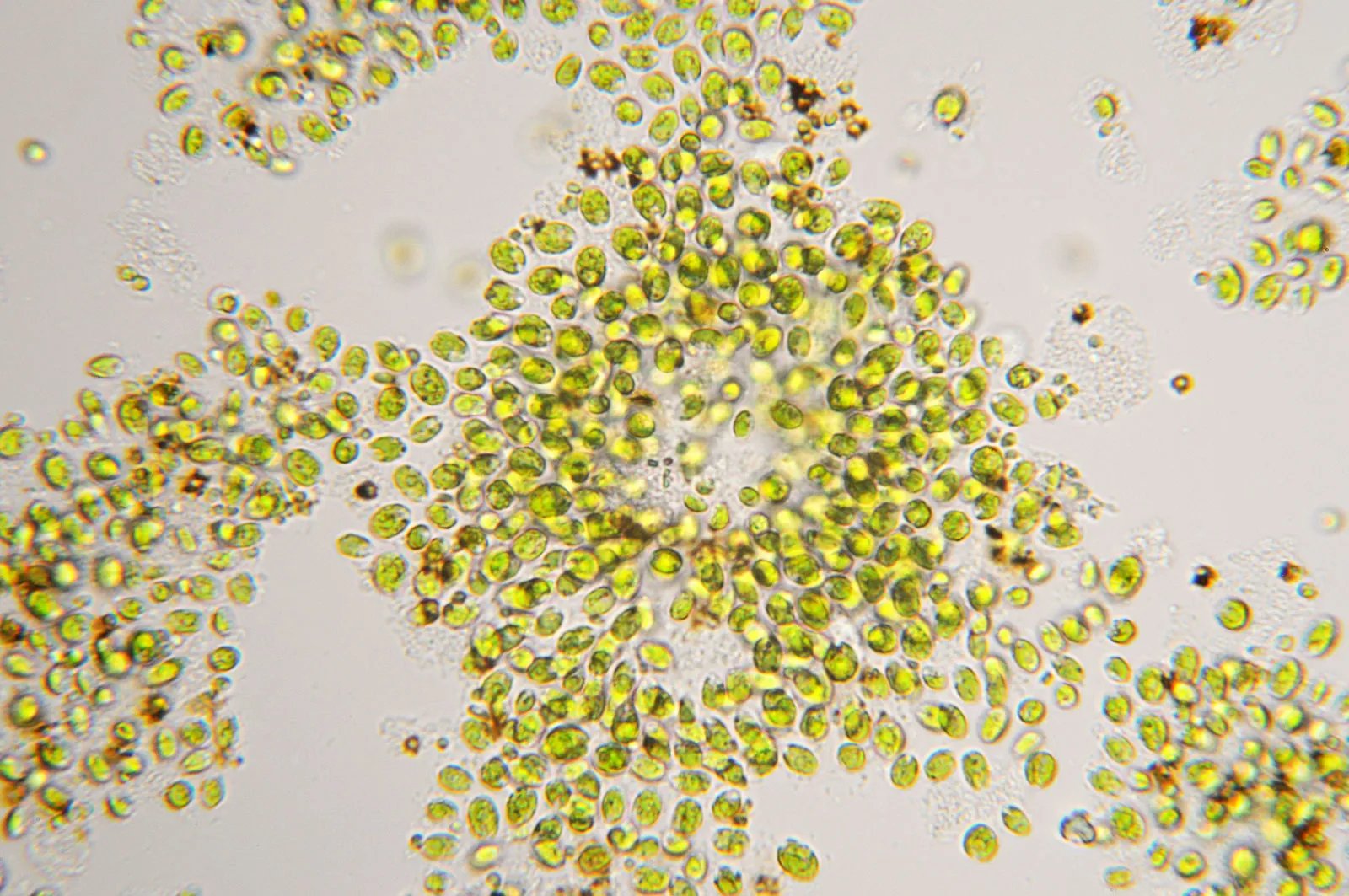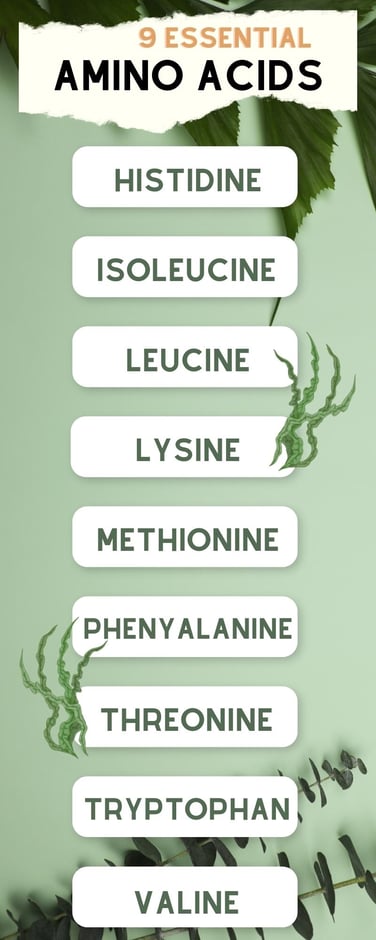What is Spirulina?
Spirulina is known as a cyanobacteria and it is a type of algae that has a blue-green color. It is known for spirulina to be a main source of phycocyanobilin. Phycocyanobilin offers antioxidant properties, and a study suggests that it may even offer a therapeutic approach in the prevention efforts in individuals with diabetic nephropathy.
What is Chlorella?
On the other hand, chlorella is a type of algae that survives in freshwater and is a single-cell type. While spirulina contains phycocyanobilin, chlorella contains pigments in its chloroplast that is known to be photosynthetic.

What are their Health Benefits?
In comparison, chlorella has a higher count in certain nutrients such as omega-3 fatty acids, zinc, iron, magnesium, vitamin and B2. In addition, chlorella also contains all of the nine essential amino acids that are well-known due to the body not being able to produce these amino acids on its own.
Spirulina, however, contains more protein than chlorella. In addition, spirulina is said to have more copper and thiamine, and also provides the nine essential amino acids that the body needs.
- As a source of omega-3 fatty acids, fish is the natural thought as the source for this nutrient. The reason being is that fish eat algae, and this is how they obtain the Omega-3 fatty acids. In turn, humans that eat fish can also benefit from the Omega-3s. It is known that Omega-3s are essential to cardiovascular health especially when lowering blood pressure. In addition, Omega-3s are known to aid with depression as it helps with dopamine production.
- Both spirulina and chlorella can prevent diseases such as cardiovascular disease and non-alcoholic fatty liver disease. This is due to the carotenoid and plant sterols found in its properties. There has been research and a study done where spirulina shows anti-cancer properties. According to a Memorial Sloan Kettering Cancer Center, “in laboratory experiments, calcium spirulina, an extract from Spirulina, stopped the doubling of HIV virus, herpes simplex virus, cytomegalovirus, and influenza virus” (2020).
- In addition, both spirulina and chlorella also promote healthy skin due to spirulina’s quick healing properties. Spirulina is also known to combat candid growth which helps the skin manage acne breakouts or even rashes. On the other hand, chlorella is a vital collagen source which is known for great, healthy skin.

Effects on Weight Loss
According to DiNicolantonio et al. (2020), there is evidence in clinical trials and studies that taking spirulina has shown to improve cardiovascular disease risk factors which includes hyperlipidemia which in turn, provides benefits for weight loss. In addition, spirulina has not been indicative of having negative effects on the body in data sources.
Furthermore, due to spirulina being a low-cost nutritional supplement, it has gained popularity amongst individuals seeking a healthier alternative to aid their weight loss journey.
Recent studies have shown that obesity and dyslipidemia is the cause of metabolic syndrome which spirulina has shown to combat. Not only is spirulina known to assist with weight loss, it presents to have antiviral, anticancer, antioxidant, and anti-inflammatory properties.
Consequently, spirulina promotes boosting the immune system while clinical trials have shown positive effects of spirulina resulting in participants having significant improvement with their body mass.
References
DiNicolantonio, J. J., Bhat, A. G., & OKeefe, J. (2020). Effects of spirulina on weight loss and blood lipids: a review. Open heart, 7(1), e001003. https://doi.org/10.1136/openhrt-2018-001003
Memorial Sloan Kettering Cancer Center. (2020, April 28). Blue-green algae. https://www.mskcc.org/cancer-care/integrative-medicine/herbs/blue-green-algae
















